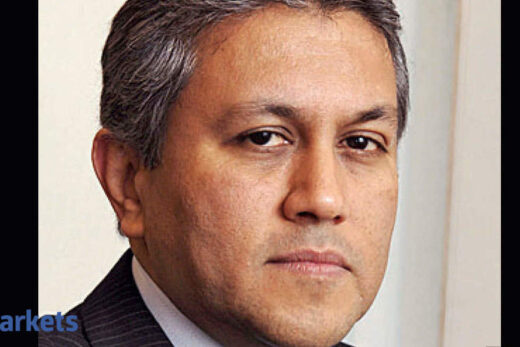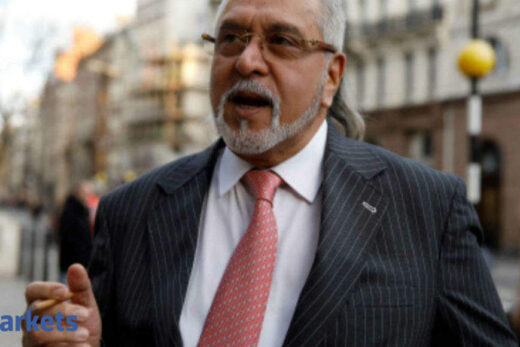Air India is controlled by the Indian government so much that they are “alter egos”, Cairn had said in the lawsuit filed with the US District Court for the Southern District of New York. The court should hold the airline company liable for the arbitration award, the company had said.
A three-member international arbitration tribunal that consisted of one judge appointed by India had unanimously in December overturned levy of taxes on Cairn retrospectively and ordered refund of shares sold, dividend confiscated and tax refunds withheld to recover such demand.
The government of India, despite participating in the arbitration proceeding over four years, has not accepted the award and has filed a ‘setting aside’ petition in a court in The Netherlands – the seat of the arbitration.
With Cairn seeking to recover the award from state-owned entities such as Air India, the government has said it will contest any enforcement.
Air India has time till mid-July to file a plea contesting Cairn lawsuit, three sources aware of the matter said.
The airline, which is in the process of being privatised, is likely to argue that it is a separate entity and not the alter ego of the Indian government and cannot be forced to pay for any liability of the government, they said.
Air India spokesperson declined to comment on the story.
Cairn has identified USD 70 billion of Indian assets overseas for potential seizure to collect award, which now totals to USD 1.72 billion after including interest and penalty.
The assets identified range from Air India’s planes to vessels belonging to the
, and properties owned by state banks to oil and gas cargoes of PSUs, the sources said.
These assets are across several jurisdictions, they said without giving further details.
Cairn plans to move courts in the US to Singapore for seizure of the assets in absence of Indian government’s refusal to honour an international arbitration award.
Once a court recognises Air India as the alter ego of Indian government, Cairn can seek attachment or seizure of its assets in the US such as airplanes, immovable assets and bank accounts to recover the amount it was awarded by the arbitration tribunal.
The move is similar to a court in the British Virgin Islands ordering in December last year hotels in New York and Paris owned by Pakistan International Airlines to be used to settle a claim against Pakistan’s government by a Canadian-Chilean copper company.
Crystallex International Corp had brought a similar lawsuit to attach property of Petroleos de Venezuela, S.A (PDVSA), the state-owned oil company of Venezuela, in Delaware couple of years back after the Latin American country failed to pay the firm USD 1.2 billion that an arbitration tribunal had ordered to pay in lieu of the 2011 seizing gold deposits held and developed by the firm.
In 2012, Elliott Management, a buccaneering American hedge fund which held distressed Argentine bonds, seized a handsome tall ship belonging to Argentina’s navy. Recently, French courts ruled that a stifled creditor could seize a business jet belonging to the government of Congo-Brazzaville while it was being serviced at a French airport, as well as USD 30 million from a bank account of the country’s state oil company.
The Indian government, however, plans to contest any enforcement proceeding brought by Cairn.
“The Indian government naturally will challenge such seizure but to save the assets it may have to pawn money equivalent to the value of assets in some form of financial security such as bank guarantee. The court will return such a guarantee to India if it does not find merit in Cairn’s case. But the surety will be passed on to Cairn if the court finds that India had failed to honour its obligation,” a source said.
Last month, the finance ministry said that the tribunal “improperly exercised jurisdiction over a national tax dispute that the Republic of India never offered and/or agreed to arbitrate”.
The ministry called the 2006 reorganisation of Cairn’s India business for listing on the local bourses as “abusive tax avoidance scheme that were a gross violation of Indian tax laws, thereby depriving Cairn’s alleged investments of any protection under the India-UK bilateral investment treaty”.
The Scottish firm invested in the oil and gas sector in India in 1994 and a decade later it made a huge oil discovery in Rajasthan. In 2006 it listed its Indian assets on the BSE. Five years after that the government passed a retroactive tax law and billed Cairn Rs 10,247 crore plus interest and penalty for the reorganisation tied to the flotation. The state then expropriated and liquidated Cairn’s remaining shares in the Indian entity, seized dividends and withheld tax refunds to recover a part of the demand.
Cairn challenged the move before an arbitration tribunal in The Hague, which in December awarded it USD 1.2 billion (over Rs 8,800 crore) plus costs and interest, which totals USD 1.725 million (Rs 12,600 crore) as of December 2020.
The company, which previously said the ruling was binding and enforceable under international treaty law, has been since then courting Indian government officials to get the money paid. But the government has not agreed to pay.



